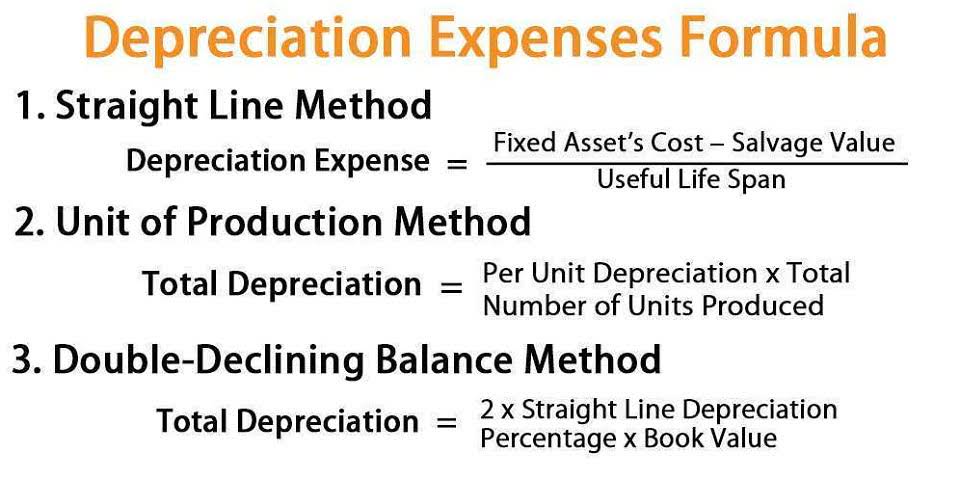
According to U.S. labor law, independent contractors are not employees—they are self-employed and do work for clients on a contract basis. If you do work as an independent contractor, you are technically working for yourself. When it comes to independent contractor taxes, knowledge is your most powerful tool. Make the most of your hard-earned money by staying informed, organized, and using cost-saving tools through Openforce. Since 2001, over 700,000 independent contractors have trusted Openforce as their partner for easy onboarding, on-time settlement processing, and money-saving perks and benefits.
Once you know how much you earned, you’ll need to figure out how much you must pay in self-employment taxes. Using Schedule SE, you calculate that you owe self-employment taxes of $5,914. Half of this tax that you pay ($2,957) is taken as a deduction on Page 1 of your Form 1040. The current self-employment tax rate is 12.4% for Social Security and 2.9% for Medicare — a total of 15.3% just in self-employment tax.
Tort Liability
You can also call them freelancers as they are not paid on a regular basis unlike full time employees. And while most of the independent contractors choose sole-proprietorship, others opt to establish their own LLC or S-Corp. Rather than a payroll expense, independent contractors should be treated like any contract work. Your business likely hires other service professionals like lawyers and accountants on a contract basis. And, as such, the work they perform should be treated as a tax-deductible expense.
Written agreements are obviously easier to modify, and enforce should a party breach. Once a party has sign-on for services in exchange for compensation, and the description of the services is outlined in writing, agreement to perform established reliance. Clients failing to pay have established financial reliance on compensation promised in exchange for performance.
Business
As we’ve just determined, hiring an independent contractor shares many similarities with hiring an employee. However, just as there is a difference in the relationship, there is a difference in the way you pay your workers. As a business owner, you might need to hire a worker at some point or another. And depending on your type of business, you might need to hire employees, independent contractors, or both to get the job done. An independent contractor has far greater control over elements of work than an employee. Independent contractors also benefit directly from their work, the quality of their work.

To ensure accuracy on your financial statements and ultimately your tax return, we will reconcile your accounts. → As an independent contractor, you receive 1099s at the beginning of the year for the previous calendar year. The income on each 1099 is reported to the independent contractor accountant IRS, meaning any discrepancy on your tax return is likely to raise some red flags. Over the years, independent contractors are constantly under scrutiny of the IRS. Because of incorrectly filed information, many of them are imposed penalties, fees, and interest.
Take the Next Step Toward Managing Your Finances and Being in Control
The good news is you get to write off half your self-employment taxes as an above-the-line deduction. If you’re just starting out or only have a few clients, then start with a basic version of accounting software that is less expensive. You can always upgrade to a version with more features once your business grows. Intuit’s QuickBooks is the best-known accounting app for good reason.
If you are an independent contractor, the IRS considers you to be self-employed — you aren’t an employee of any company. As an independent contractor, you can operate as a sole proprietor, a limited liability company (LLC) or an S-corporation. The majority of businesses in the U.S. are run as sole proprietorships, so we’ll focus on that structure in this article.
CPA-Construction relationships is what we are about.
If you have control over the project, the worker might be an employee. If you can’t control the work, the worker is more likely a contractor. Typically, a business that has a contracted worker tells the contractor the scope of the job but doesn’t have control over how the contractor completes the project. IRS Form W-9 is used to report nonemployee compensation of $600 or more.

